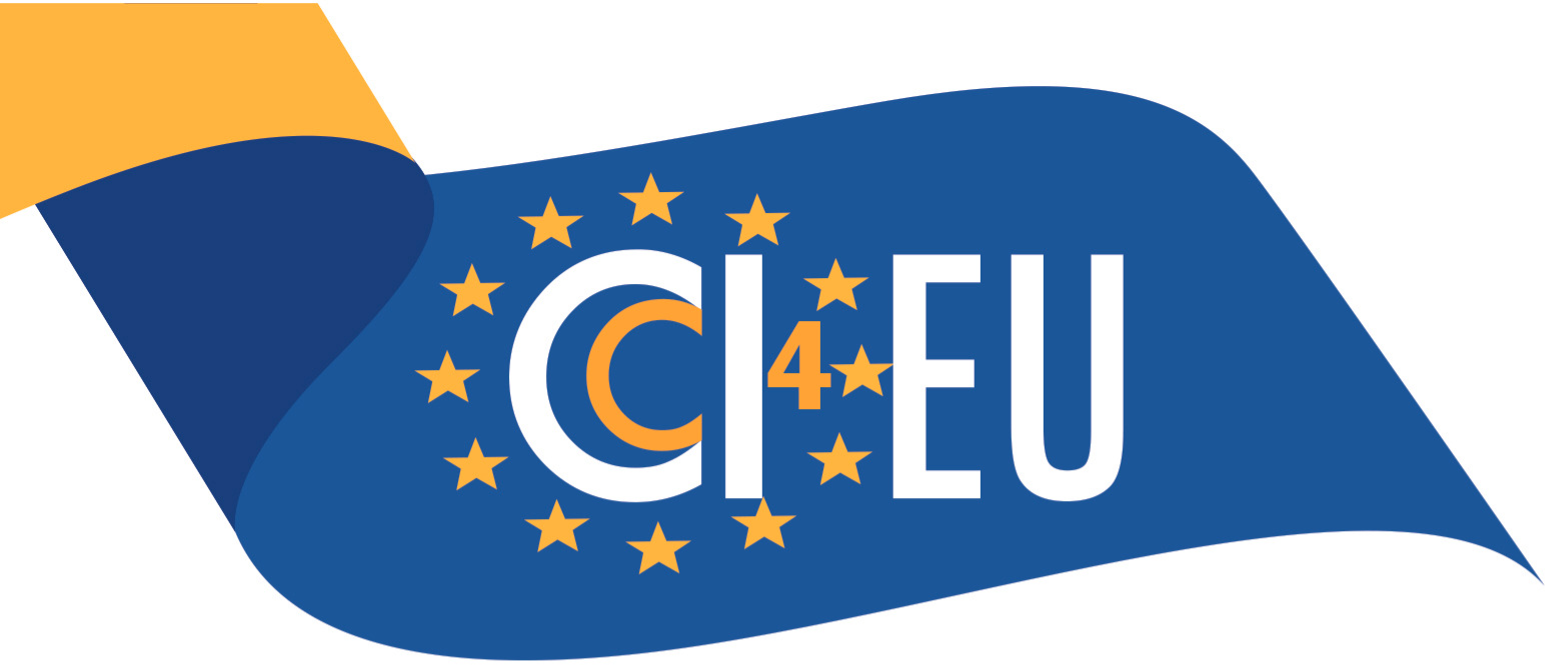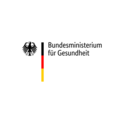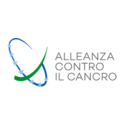In short

Cancer is the second leading cause of death in Europe with an expected increase of about 25% by 2035. A wide and unacceptable variability in access to innovative quality care exists between and within countries. The time has come for the society in the European member states to rethink cancer and the cancer culture at all levels, in line with the objectives of the Recommendation #13 of the Mission on Cancer: “Transform cancer culture, communication and capacity building”.
Possible solutions are
- an increase in knowledge by funding relevant research
- a more equitable transfer of what we already know to everyone, in terms of prevention, diagnosis, and care
The preliminary step of this project is defining for each particular setting how Comprehensive Cancer Infrastructure (CCIs) Comprehensive cancer infrastructure (CCI) should include
- Comprehensive Cancer Networks (as defined in CRANE),
- public functions such as public health,
- screening,
- primary and community care
- population cancer registries.
The core of the CCI4EU project is to design capacity building programs to help reduce inequalities.
Project description
The Coordination and Support Action (CSA) of this CCI4EU project responds to the European Commission’s call “HORIZON-MISS-2022-CANCER-01-02” regarding the following flagship “Strengthening research capacities of Comprehensive Cancer Infrastructures”. It supports Member States (MSs) and 5 Associated Countries (ACs) in improving or developing their existing or future CCIs, focussing on developing their research innovation and digital-related capacities and their integration with cancer care with capacity building programs. A Capacity Building (CB) programme is an intervention that helps achieving these results, in the context of other actions and initiatives ongoing, such as CraNE, JANE, UNCAN and EUonQoL. Data already available confirms that the level of “CCI maturity” in MSs and ACs is widely different, from some countries lacking CCIs completely, to others with complex local, regional and national organisations that need better governance and integration. CB is a complex intervention that requires multiple and integrated actions delivered to all the relevant stakeholders (policymakers, researchers, health professionals, citizens, patients, caregivers and private companies). CB will be designed with an inclusive approach and tailored to the baseline status, capable of creating a change and improvement in care and research, with greater integration between them and supported by a continuing education programme.

Thus, the CSA will implement the following steps:
- Define CCI Maturity Model including quality indicators for CCIs
- Profile the CCIs in each MS and a few ACs in terms of CCI presence and levels of maturity
- Design tailored CB interventions, giving priority to MSs without any CCI
- Deliver online tailored training courses open to teams in all MSs and ACs
- Implement onsite interventions
- Scale up and sustain development
- Disseminate, communicate and exploit
The Cancer Centre team at Sciensano is involved in two aspects of the CCI4EU’s project, and participates in most of the aspects listed above:
- Experts from the survivorship and care organisation unit are in charge of leading the work package focusing on the third step presented above, namely the 3rd work package named “Mapping of the current status and criteria of CCIs in EU MSs/regions and clustering”.
- Experts from the Implementation, Monitoring and Evaluation unit are task leader of Task 8.2, tackling the 7th step, dedicated to “Networking and bridging with the other European initiatives and National authorities”.
Sciensano's project investigator(s):
Service(s) working on this project
Partners

















